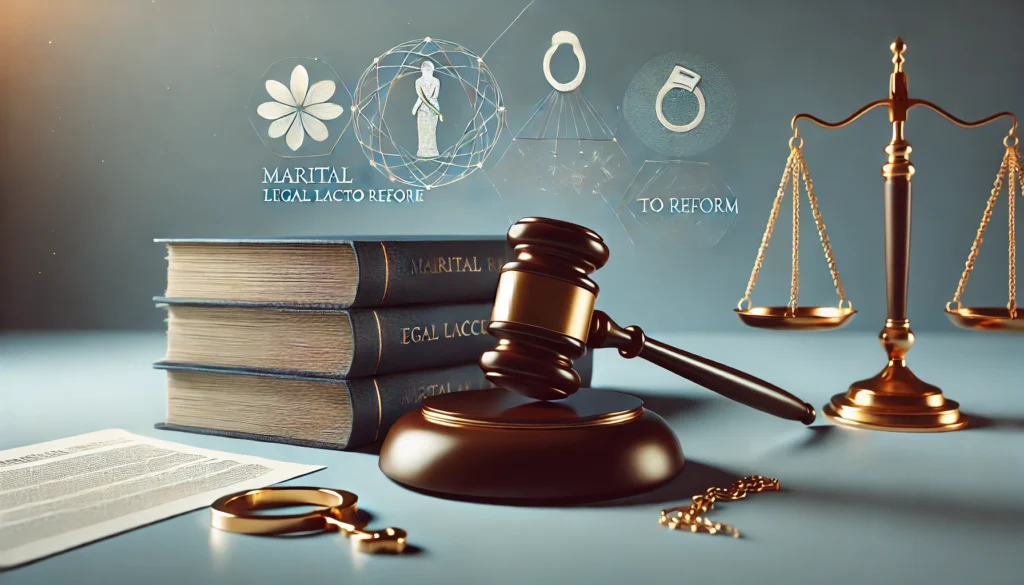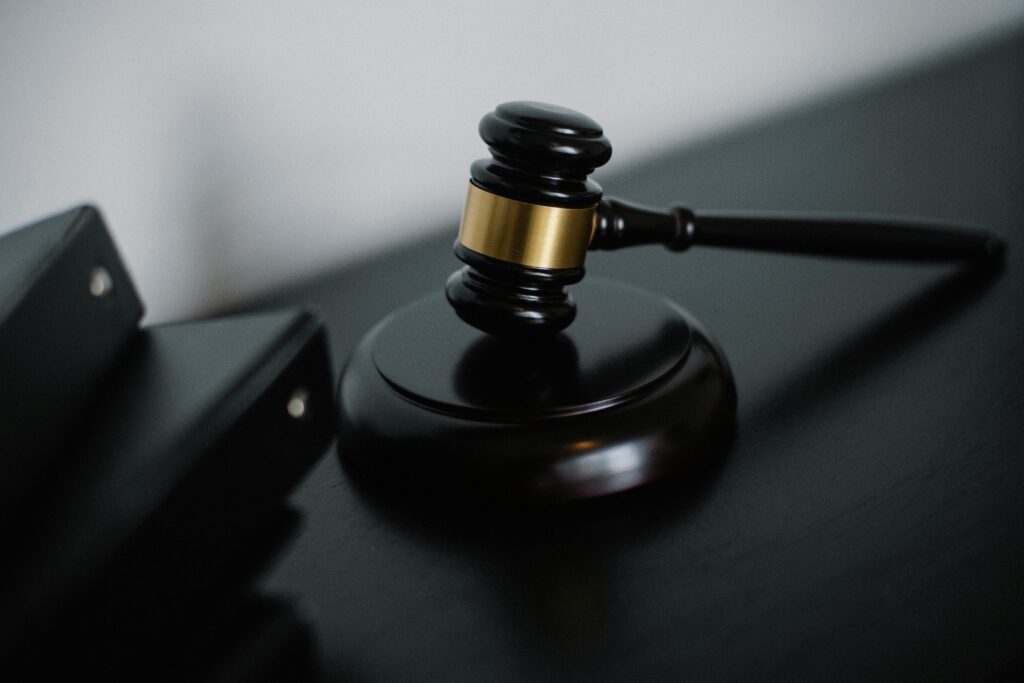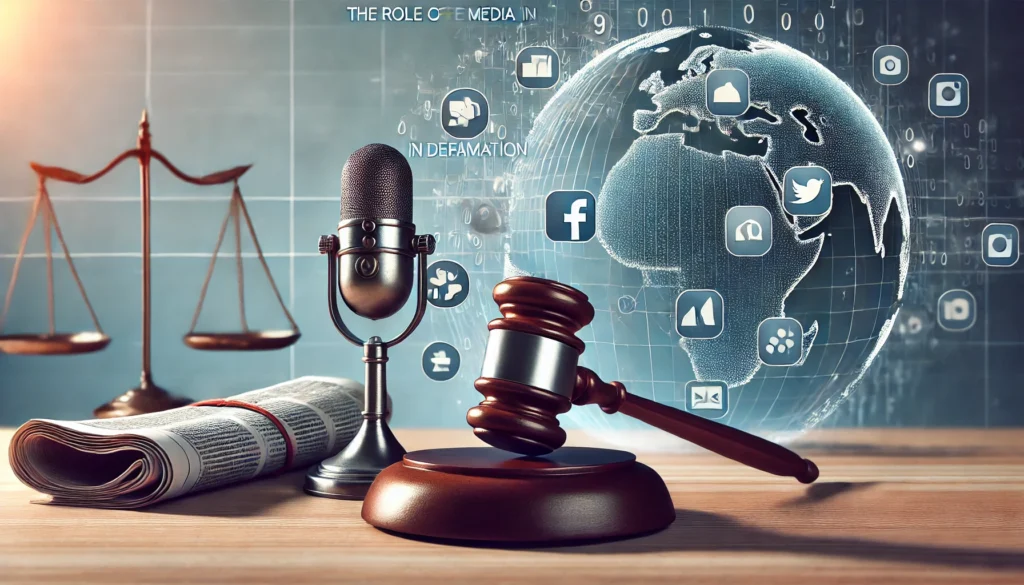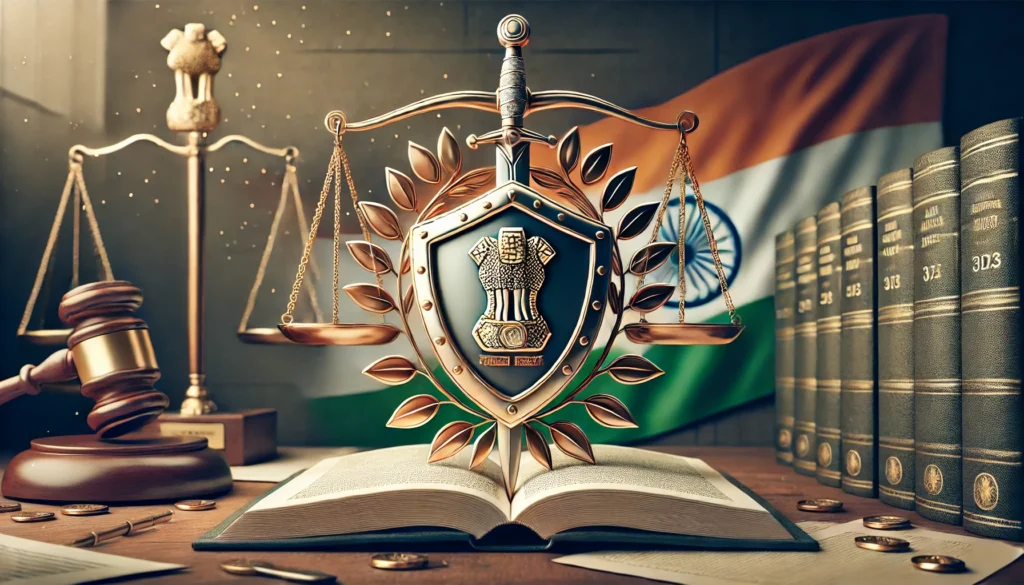Published on 29th August 2025
Authored By: B. Akshaya
Christ(Deemed to be) University, Delhi NCR
Citation: Hussainara Khatoon & Ors V. Home Secretary, State of Bihar, Patna [1979] 3 S.C.R. 532
Court: Supreme Court of India
Bench: Justice P.N Bhagwati and Justice D. A Desai
Date of Judgment: March 9, 1979
Key Provisions
- Art 21
States that every citizen of the State of India has the right to live with dignity subject to procedure established by law. In this case, prisoners have been accused of crimes, not proven guilty, yet they are deprived of enjoying basic rights such as access to legal services, which forms an essential part enabling them to be heard in a just and fair manner. This undermines the scope of the judicial system by depriving citizens from enjoyed rights conferred to them by the Indian Constitution
- Art 39 A
Explicitly states that all citizens have the right to free legal aid and equal opportunities, which further reiterates the significance of providing legal services for those who are deprived and in dire need of such services in order to secure their rights in the court of law. It emphasizes on implementing and enforcing fair and just procedures to those who are deprived of such opportunities, which forms to be an essential element for securing justice.
Brief Facts
A writ petition of Habeas Corpus was filed under Art 32 of the Indian Constitution, in the Supreme Court demanding the release of 17 under- trial prisoners. It portrayed a grim picture about the status of judicial system and status of prisoners in jail, especially for who seek trial and have been waiting for months, some even for years. It showcased how the system has failed to comply with due procedure established by law and adversely affected lives of under- trial prisoners. The petition was seeking to demand release of under trial prisoners who were economically challenged and were unable to afford to hire an attorney and oven afford bail. The petition was filed seeking release of such undertrial prisoners and challenged it in accordance to fundamental rights enjoyed as per Article 21 of the Indian Constitution. In response to this the Supreme Court directed the State of Bihar to further look into the matter and submit a report consisting information pertaining to under trial prisoners. The report was to be made in a manner in which prisoners accused of minor crimes were segregated with prisoners accused of major offences.
Issues involved
- Whether right to speedy trial could be enjoyed as per Article 21 of the Indian Constitution?
Right to speedy trial is a fundamental right which is enjoyed under the scope of art 21 of the Indian Constitution which ensures that all citizens have the right to enjoy liberty and dignity subject to procedure established by law.
- What is the scope of speedy trial under criminal justice system?
Right to speedy trial is a fundamental right enjoyed by those who are deprived of enjoying such rights arising out of economic disabilities, hence, the State has a legal obligation to provide free legal services to them.
Arguments
Petitioner; Arguments
- It was argued that keeping under trial prisoners in jail for prolonged period, awaiting consistently for trial was a clear violation of their fundamental rights. Concern was also raised regarding their condition inside the prisons, where the guards treated them as criminals, even when they have not been convicted in the case as they await their trial.
- Several prisoners, accused of petty crimes had been waiting for trial, for more than 10 years, hence, it was argued that since most of the prisoners were from economically challenged backgrounds, the State was bound to provide free legal aid, but it failed to fulfil its duty.
- This clearly proves the inability of the government to uphold its duty, the state of exploitation faced by the prisoners further leads to serious violation of their basic rights. Also portrays a grim picture about the lack of resources and accountability by the government.
Respondent’s Arguments
- It was argued that the delay in trial was due to adherence to procedure, opinions by experts in the form of forensic reports and other investigative reports were awaited by the State. However the Supreme Court rejected these claims n the grounds that State should have taken a responsible step to ensure a just and a speedy process.
- It was also argued that the trial was awaited by a lot of prisoners due to their economic disadvantage especially since most of the prisoners were unable to afford to hire an attorney. This claim was also dismissed by the Supreme Court, stating that this shows how the State could not uphold its duty and failed to provide free legal aid to the poor prisoners, who were in dire need of such services.
Judgement
The court held that the State has an obligation to provide free legal services to those who are deprived of it, on ground of poverty. Prisoners enjoy fundamental rights within the premises of the prison and those who wish to seek trial but are unable to afford to hire an attorney, it is the inbound duty of the State to provide them with free legal aid. This implies that prisoners coming from economically backward backgrounds can demand for a speedy trial, hence, the State should implement measures to ensure a speedy, fair and just trial. The Supreme Court also directed the state of Bihar, to enforce legal services, program, set up new courts, appoint new lawyers, in order to uphold its constitutional and legal obligations. The court had directed the state of Bihar to prepare a report consisting of list of cases pending in the district concession code and distinguish the prisoners on the basis of nature of offences, they have been accused of, for instance, prisoners, accused of minor offences were separated from prison, accused of serious offences. However, the state of Bihar failed to fulfil his duty, therefore, the court unable them to prepare a report and submit to the court in three weeks. Furthermore, it was also observed that female undertrial prisoners were kept in protective custody.
Ratio decidendi
The key aspect of this judgment was to address as to why prisoners were prevented from enjoying their fundamental rights, solely due to their economic disability. It emphasized on the need to provide free legal aid to such prisoners, this ensures that they are heard in the court, leading to fairness and justice. It was reiterated that the right to provide free legal services to ones deprived of it, is a fundamental aspect of the Indian judicial system. Since the law of the State lays emphasis on reasonable procedures to be established to ensure a fair and just outcome is achieved at the end of the trial. Free legal aid forms as an inalienable element of law, ensuring that the accused, especially those from economically challenged backgrounds are not left in a helpless state without an attorney to defend them in the court. It forms the very basis of need for state intervention to ensure the wellbeing of citizens. If a poor person is accused of a crime and has no knowledge pertaining to law and is left without an attorney, then how must he avail an opportunity to defends his rights in the court of law. This is a travesty of justice, where the rich avail the opportunity to hire legal counsel to defend them while the poor is left helpless with no means to sustain his position in the court.
Obiter Dicta
The Supreme Court observed a serious failure on the part of the State of Bihar in safeguarding the fundamental rights of undertrial prisoners. Despite having a legal and constitutional obligation to provide free legal aid to those who could not afford it, the State neglected to take effective measures to ensure this right. Many undertrial prisoners were kept in custody for long periods without trial, often exceeding the maximum punishment for the offenses they were accused of. This clearly violated their right to a speedy trial under Article 21 of the Constitution. The Court noted that the efforts made by the State were minimal and inadequate, reflecting a disregard for the rights of the prisoners and a broader issue of systemic inefficiency. The poor state of legal infrastructure and shortage of judges further worsened the situation, leading to a massive backlog of cases. In response, the Supreme Court directed the State to implement a robust free legal services programme aimed at assisting undertrial prisoners. It also advised the establishment of more courts and the appointment of additional judges to reduce case pendency and ensure timely justice. These steps were deemed essential for upholding the rule of law and maintaining public confidence in the justice system.
Final Decision
The Court observed a grave injustice in the treatment of undertrial prisoners, noting that many had remained in custody for periods exceeding half of the maximum sentence they would have received if convicted. This prolonged detention, without a timely trial, was deemed a clear violation of their fundamental rights. The Court emphasized that no individual should be kept in jail longer than necessary, especially when the delay is not due to their own actions but due to their economic disability. It was explicitly stated that the right to a speedy trial is an essential part of the right to life and personal liberty under Article 21 of the Constitution. The Court further held that if an undertrial prisoner is unable to afford legal representation, in such cases, the State must appoint a competent lawyer at its own expense to defend the accused and ensure fair proceedings. This directive highlighted the importance of legal aid in preserving justice and equality before the law. The failure to provide timely legal assistance and fair trial opportunities to undertrial prisoners not only undermines the justice system but also leads to unlawful deprivation of liberty.




